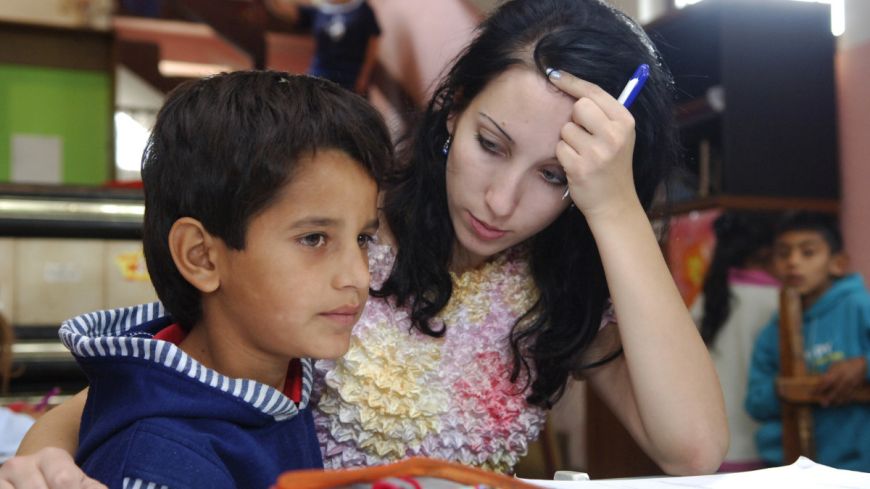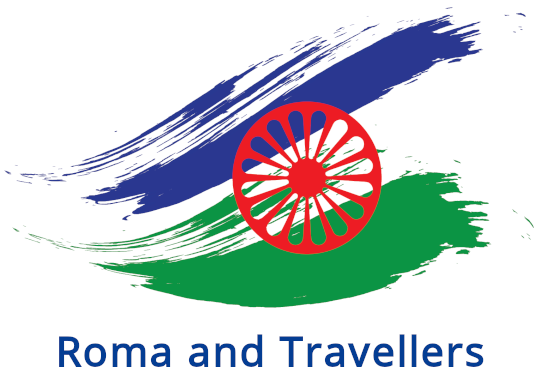Education of Roma Children

The Recommendation (2000)4 on the education of Roma/Gypsy children in Europe was adopted by the Council of Europe’s Committee of Ministers. Several texts and declarations provide a solid basis for this document, a number of them referred to by the Ministers of Education in Recommendation (2000)4. These can be found in this REPERTOIRE: official texts of the Council of Europe and activities in the field of Education. Moreover, a document created during the first phase of the project complements this recommendation, proposing strategies for the development of national education policies for Roma children. These can be seen in the Reference framework for educational policies in favour of Roma.

Since then, CM/Recommendation (2009)4 is the most recent document adopted by the Council of Europe’s Committee of Ministers on the specific topic of education.
Overall, the legal framework and initiatives undertaken at international and national levels reflect the presence of political commitment to ameliorate the situation of Roma, specifically through education. Implementing these initiatives is the most important step for the future, for which the document Political and Legislative Framework for the Education of Roma Children Reference: Texts and Support Systems can provide guidance.
Education
- Thematic report on Roma schools mediators and assistants (Lithuania, Latvia, Moldova Rep., Norway, North Macedonia, Poland, Portugal)
- Thematic report on school attendance for Roma children, in particular Roma girls (Finland, Latvia, Norway, Sweden)
- Thematic report on school drop out/absenteeism of Roma children (Netherlands, Hungary, Spain, Sweden)
- Thematic report on inclusive education for Roma children (Czech Republic, Slovak Republic, Hungary, Slovenia, United Kingdom)
- Thematic report on inclusive pre-school education for Roma children (Czech Republic, Hungary, Latvia, North Macedonia, Poland)
- Thematic report on vocational education and training for Roma (Poland, Bosnia and Herzegovina, Finland, North Macedonia, Turkey)
- Thematic report on the effective enrolment and attendance of Roma children throughout compulsory school education and the added value of vocational education for Roma youth (Republic of Moldova, Bosnia and Herzegovina, Greece, Hungary, the Netherlands, Poland, Ukraine)
Host countries in bold
Interview with Nina PANIKOVA and Lena VYBÍRALOVÁ – Congress Youth Delegates
Year: 2016
Country: France (Strasbourg)
Language: English
Scolarisation of Roms
Year : 2015
Country : Greece (Sofades) & Croatia (Kuršances)
Language : English
Good practices against discrimination of Roma children in school
Interview with Stance Dimkovska, Vice-President of the Association for Roma Community Development Sumnal (''The former Yugoslav Republic of Macedonia'')
Year : 2013
Country : France (Strasbourg)
Language : English
Roma family in Pavlorgad, Ukraine - succesful story
Year : 2017
Country : Ukraine
Language : Ukrainian / English subtitles
Tobias Zech, member of the parliamentary Assembly of the Council of Europe (Germany, EPP/CD) on promoting the inclusion of Roma and Travellers
Year : 2016
Country : France (Strasbourg)
Language : English



